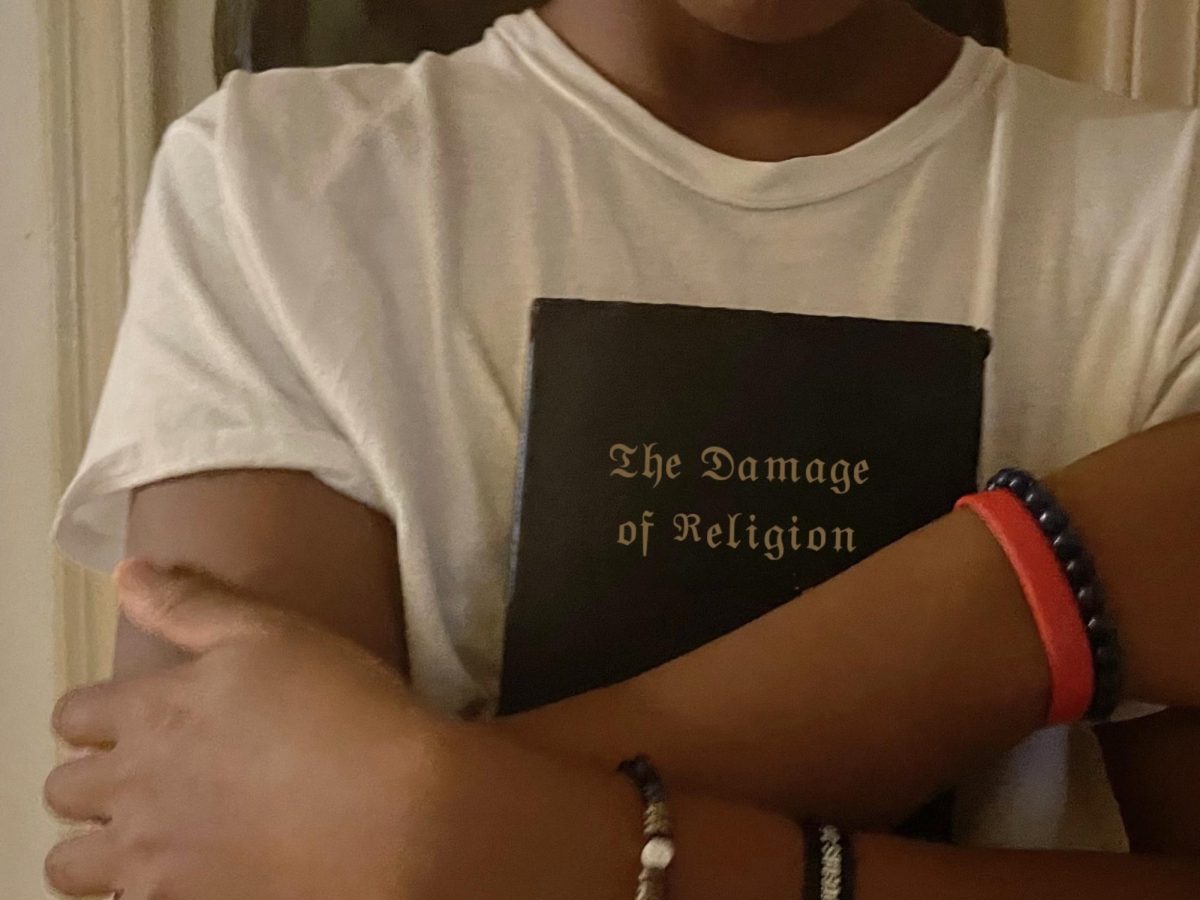Religion can provide comfort, guidance, structure and all needed benefits; but of course, all helpful practices consist of flaws. The damage of religion can come in numerous forms including verbal, physical and mental abuse. While classifying religious damage as trauma comes off as a stretch, this declaration holds the truth.
The physical damage of religion dates back to the Roman Empire and the early church days, around the 13th century. Acts of religious violence such as the Crusades and the Holy War occurred during a time when citizens could not understand the concept of separating church and state. Society, since then, obviously evolved. The discussion around religion’s effects still exists, but individuals learned to hold a separate time and place for their beliefs away from the government. Though a portion of the world has learned when and where to express their faith, not all have learned the skill of containing their faith. The media sees the negative impacts of this failure. as acts of violence based on religion still prevail.
The media sees countries such as Myanmar, Palestine and Israel fighting due to religious differences. For example, Christianity serves as the minority religion in Myanmar. Due to this, in 2017, Muslims in Myanmar banded together and staged a genocide against the Rohingya Christians. Violence against Rohingya Christians dates back to 1948 but has occurred in recent years. This situation exemplifies one of the multiple ways that physical religious violence has come into play.
Moving away from physical violence, religion also commonly presents mental damage. Gen Z, compared to other generations, devotes less time to religion. Gen Z’s separate experiences contribute to this, but other generations question this. According to statistics, Generation X and millennials participated in religious activities with ease. Religious differences still occurred during their time, but the topic of religion did not come off as controversial.
Though religion maintains a negative connotation for a considerable amount, not everyone perceives religion in a harmful way. Research has proven religion connects to improved mental health, and lower rates of depression, suicidal thoughts and substance abuse. Exposing Gen Z and the public to religion can provide benefits.
Evidently, constant religious exposure can improve the problem of religious damage, but the implementation of religion turns citizens away, especially youth. Youth rejecting religion occurs frequently now. The trauma these pressures and unrealistic standards set does not effectively help the younger and newer generations. This newfound trauma widens the religious divide and sets the standard for future generations. Considering religion as the endgame does harm.
“The primary reason Gen-Z disconnects from the church is our failure to equip them with a biblical worldview that empowers them to understand and navigate today’s culture. If we want to equip Gen-Zs to embrace faith, we must directly discuss worldview issues with them,” Baptist theologian James White said.
The church’s views cause self-hatred and self-consciousness, and they misguide those who do not know which path they walk. Religion seems to possess a tiny spot in the minds who are involved in the practice.
“A long time ago, when I used to go to church with my grandma, I wasn’t going by choice. It was a Korean church, so of course I had to learn Korean. But while going, they used to–like bash me. I wasn’t sure why, this made me feel–like really dumb. It felt like a cult, and it really traumatized me,” junior Yumi Chun said.
The public hopes to see a change in the religious divide, but this change does not seem forthcoming. Feeling pride within one’s religion should not cause issues, feeling prideful in any interest should not cause issues. As long as the world continues on these paths of violence, hatred and religious separation, the topic of religion will remain treacherous. Enforcing faith in a way that provides a great impact can evoke change and make the topic of religion less stressful.















